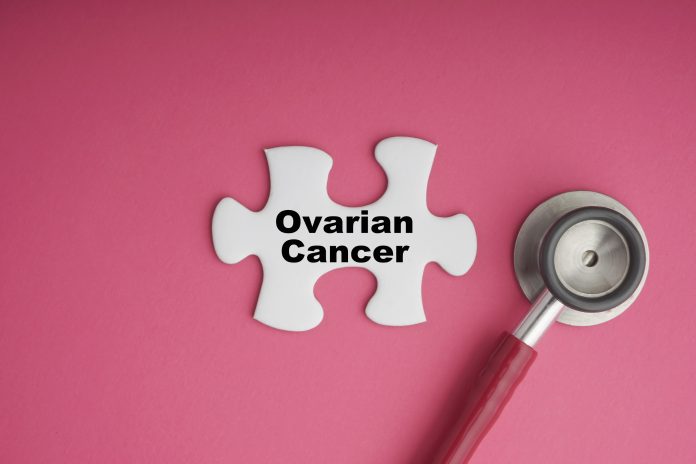In recognition of Ovarian Cancer Awareness Month, Dr Nicky Keay, Chief Medical Officer at Forth and expert in endocrinology and women’s health problems, takes a look at some of the most common symptoms that too often get overlooked
Each year approximately 7,500 women are diagnosed with ovarian cancer, the sixth most common form of cancer in the UK.
Dr Nicky Keay, February 2021:
“The first thing to note is that symptoms may not be obvious until unfortunately the cancer has been established. This is why attending your annual smear test is so important, as the doctors will be able to spot anything peculiar down there that you may not be aware about.
However, some of the more typical symptoms with Ovarian Cancer can often be mistaken for IBS, irritable bowel syndrome, which is what makes diagnosis of Ovarian Cancer so challenging. Here are some of the common symptoms that you should keep a close eye on:
1. Bloating and weight loss
Bloating that doesn’t go away after eating is one of the most common symptoms of ovarian cancer. Your belly may feel quite puffy or hard, and you might also feel fuller quicker than you normally would. The feeling of fullness can lead to weight loss, by stopping you from eating as much as you normally would.
2. Nauseous
There are many reasons for nausea and occasional sickness is common. However, persistent nausea can be a symptom of ovarian cancer. So, if you regularly feel nauseous, don’t be afraid to consult a doctor.
3. Persistent abdominal pain
Some women do feel cramps in their abdominal, and since this can feel similar to period cramps, a lot of women don’t tend to pay too much attention. However, the majority of women diagnosed with ovarian cancer are over the age of 60 and likely post-menopausal, which is why abdominal pains should be flagged with a doctor straight away.
4. Backache
Lower back pain is a common problem with ovarian cancer, asfluid can accumulate in the pelvis and directly irritate the tissue in the lower back. It’s important to make a record of back pain that doesn’t go away, and bring it up with your doctor.
5. Feeling the need to urinate more than normal
Similar to cystitis, some women experience a burning sensation and a frequent urge to urinate. This can be caused by the cancer pressing on the bladder.”











